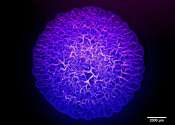DNA reveals the evolutionary history of museum specimens
Museum specimens held in natural history collections around the world represent a wealth of underutilized genetic information due to the poor state of preservation of the DNA, which often makes it difficult to sequence. An ...









